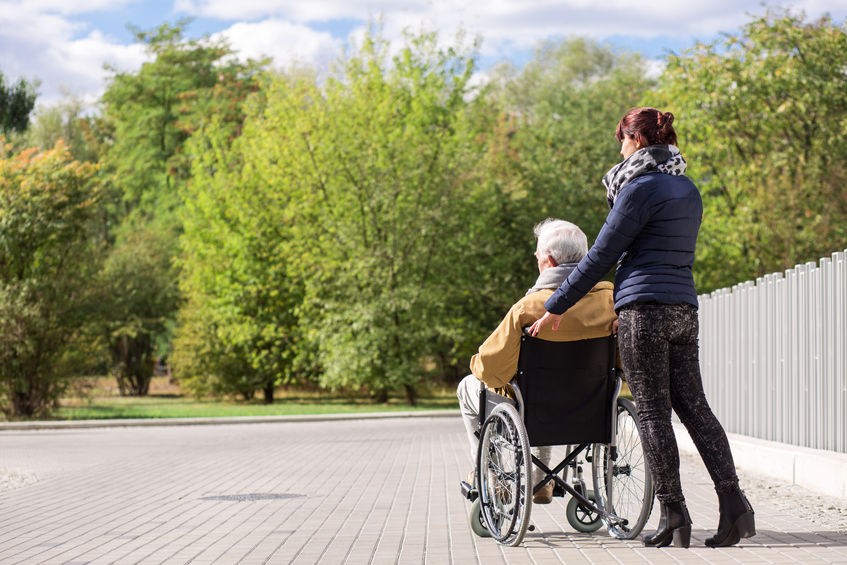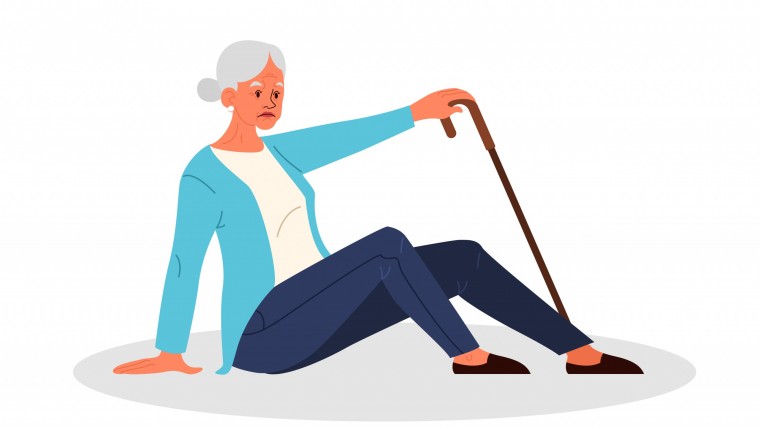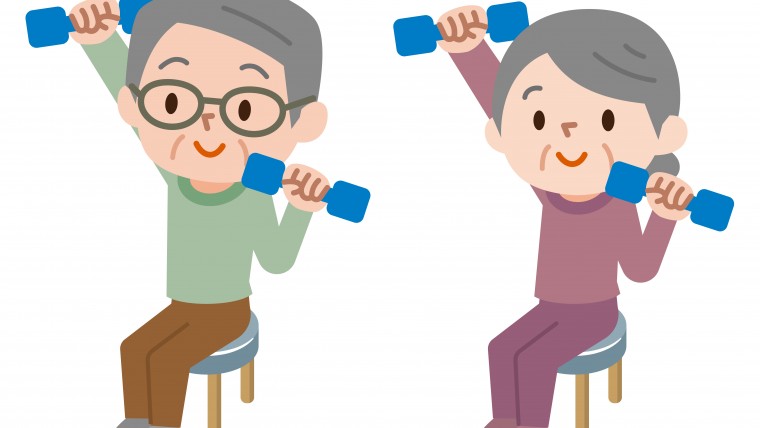By: The Résidences Québec housing counsellors
This is the story of the Longpré family (using an alias here to preserve their anonymity). Over the course of my time working as a CLSC social homecare worker, I worked with families who were taking care of a loved one in their home. The moral, spiritual and sometimes physical toll on the natural caregiver was noticeable. As someone who works as a homecare worker, you have to be able to identify and meet the needs of the person who is ill as well as the person who takes care of him or her everyday. There are support groups for natural caregivers helping in the home and I also had the opportunity to facilitate some of those support group meetings. I would like to share what the Longpré family went through and the way that Résidences-Québec was able to alleviate some of their suffering (both for the caregiver and the person who is ill).
We had a request to help find a residence for Mrs. Longpré’s mother who had been living with Alzheimer’s for many years. In June, she was living with her daughter and her son-in-law. We met with Mrs. Longpré (daughter) for an urgent initial evaluation because according to her, the situation at home had become unbearable. We decided to meet in a confidential place to discuss and evaluate what was happening.
An admirable sacrifice but with a heavy price to pay
Mrs. Longpré (daughter) sits across from me. She shows me pictures of her and her mother from just two years ago. She tells me that her mother is her best friend. They travelled the world together and promised each other never to leave the other behind. I look at the picture and then at the natural caregiver who is just a shadow of her former self. Tired, unbrushed hair, bags under her eyes, slender and desperate for help.
Mrs. Longpré (daughter) explains that she’s been suffering from insomnia for a few months because she takes care of her mother who is often up at night. Her mother suffers from “nocturnal and daytime wandering”, a symptom of Alzheimer’s that causes irregular displacement and confusion about space, both during the night and during the day. She tells me that she has to wake up every hour to make sure that her mother doesn’t get past the door and then get lost outside. She hasn’t slept in months.
She tells me about the difficulties she’s facing at home in an emotional way. Her mother is a smoker but Mrs. Longpré (daughter) has asthma. Things are tense in the house because, not only does she worry about fires started by her mother’s cigarettes but she also has to sacrifice her own health because she is exposed to smoke that causes asthma attacks while she supervises her mother’s safety and the safety of her home.
Mrs. Longpré (daughter) explains that she’s at the end of her rope, that she no longer recognizes herself, that she raises her voice and sometimes uses violent or inappropriate language, something she never would have done before. She’s exhausted and needs help.
An adapted living environment that is safer than your home
It’s time she does something, you hear yourself saying inside of your head as you read this story. Maybe you think Mrs. Longpré (daughter) hasn’t tried to solve the problem. She is on the waiting list for public housing and the CLSC helps her out with homecare services that she is very grateful for. But it’s not enough. She isn’t aware that Résidences-Québec provides a service that could help with at least the “safety” issues. Private retirement homes have special care units that are “protected” and are specifically designed those suffering from Alzheimer’s so that those who have cognitive losses can get the care and services that are adapted to their needs. This type of residence eliminates the risk of your loved one getting lost outside because of nighttime and daytime wandering. These units allow residents to move about freely in their unit without being able to leave the building and access the outdoors. It’s comforting to know that our loved ones are safe 24 hours a day, 7 days a week.
Qualified professionals with an adapted approach
It’s also comforting to know that the person suffering from Alzheimer’s will be in a residence that is adapted to their lifestyle with staff that is qualified to take care of those suffering from cognitive losses.
There are, of course, homes that are more expensive and luxurious but prices vary and any kind of budget can be accommodated. For those with advanced cognitive care needs, there has to be a nurse on site, an attendant on duty round the clock, security and care adapted to those with cognitive losses, which is why these types of residences are so expensive. Résidences-Québec knows of residences that can meet these kinds of needs even with a smaller budget, like in the case of the Longpré family. The government helps families who choose to place their loved ones in a private residence by offering grants that help reduce the cost significantly (such as the tax credit for home support services for seniors).
More than a broken promise, an urgent need
The following month, the Longpré family decided to move their mother into an Alzheimer’s residence with specialized cognitive care units. This was a grieving process and was an emotional transition. The natural caregiver felt guilty but understood the need to move her mother somewhere safe that could also care for her mother in a way that she no longer could. Despite everything, even if her mother is now in a safe environment with all the necessary services, she needs time to heal and remains by nature a caregiver, not an easy thing to ignore. Our role as housing counsellors is undoubtedly to recognize and understand the pain felt by the natural caregivers when they must decided whether or not to place their loved one in a home. But it is also our duty to see that beyond that pain, there are people who are need to take care of themselves and need time to rest more than they are needed by their loved one.
We’re here for you
We can help you find a residence that will ensure that your loved one is in a safe environment and that will alleviate your worries as well. The owners and directors of private residences have loved ones who need specialized care too. Some private residences can provide support in a secure environment for a low cost. They are there to take over for you when you are finished acting as a natural caregiver for your loved one even if you decide it will only be while you wait for a spot in a public or local residence.
As a natural caregiver, don’t wait until the moment that your health and safety are compromised just to keep a promise that you made in the past or to appease your guilt. We can help you with your concerns at any time but if it is a matter of safety in the home, contact us as soon as possible so we can help you quickly. We understand your concerns and are here to help.
Need help?
Contact a residence advisor to help you in your search for a residence
844 422-2555
Service free of charge for beneficiaries
Member of ACHQ
Need help?
Contact a qualified residence advisor for help with your search and accompany you until the signing of your lease for FREE.
Our assistance service for the elderly is FREE*
844 422-2555
* Our residence advisors are paid by the network of private residences in Quebec certified by the Ministry of Health and Social Services.




